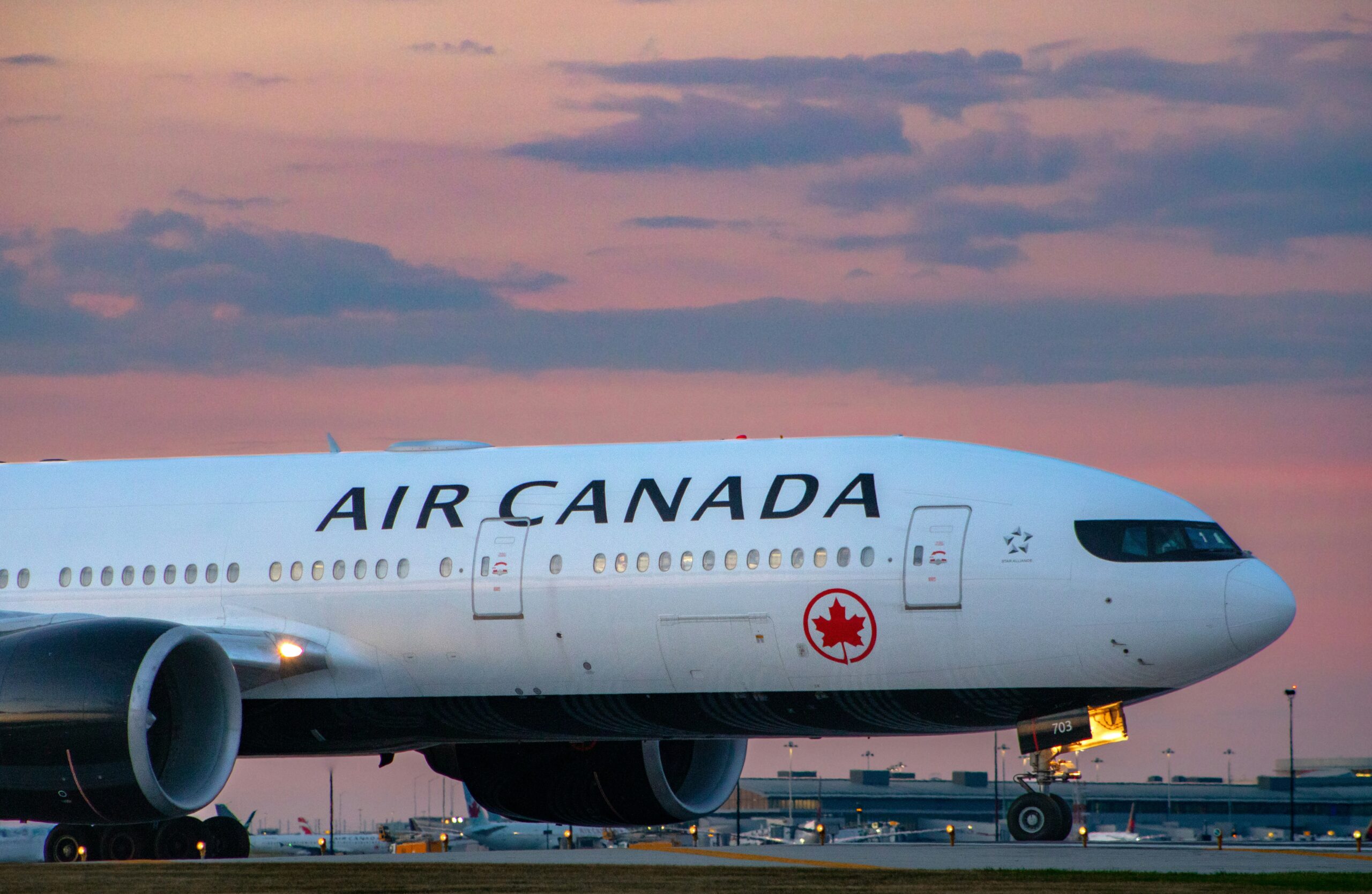Air Canada has reached a tentative agreement with the union representing its 10,000 flight attendants, bringing an end to a disruptive week-long strike that grounded thousands of flights and upended travel plans for hundreds of thousands of passengers.
The deal, which was brokered with the help of a federal mediator, was announced by both Air Canada and the Canadian Union of Public Employees (CUPE) early on Tuesday. The agreement paves the way for a gradual resumption of air travel across the country, though officials warn that a full return to normal operations could take a week or longer.
The strike, the first by Air Canada’s cabin crew in four decades, began after the union rejected the airline’s latest contract offer, citing concerns over wages and, critically, a lack of compensation for ground duties performed before takeoff and after landing.
In a statement, CUPE hailed the agreement as a significant victory. “Unpaid work is over. We have reclaimed our voice and our power,” the union said, adding that the tentative agreement secured a key concession on “ground pay.” Sources indicate the new deal will see flight attendants receive at least 60 minutes of ground pay for each flight, a major point of contention during months of negotiations.
The walkout had a profound impact on Air Canada’s operations during the peak summer travel season. Flights were grounded, affecting an estimated 130,000 passengers a day at the strike’s height. The disruption persisted despite multiple back-to-work orders issued by the Canada Industrial Relations Board, which the union had defied, calling them unconstitutional.
Air Canada has now begun the complex process of restarting its network. Michael Rousseau, the airline’s President and Chief Executive, apologised to customers for the disruption and asked for patience. “Full restoration may require a week or more, so we ask for our customers’ patience and understanding over the coming days,” he said in a statement.
The airline has stated that it will focus on international outbound routes first, with North American services to follow. Customers are being advised to check the status of their flights online before heading to the airport.
While the immediate crisis appears to be over, the tentative agreement must still be ratified by CUPE’s membership. A vote is expected to be held in the coming weeks. The union has indicated that its members’ right to vote on their wages was a key reason for its defiance of the government’s back-to-work orders.
Labour lawyers and experts have called the ground pay provision a landmark achievement for the union, one that could set a new precedent for the broader North American aviation industry. The resolution brings a sense of relief to a country heavily dependent on air travel, but the strike’s effects—from thousands of cancelled flights to frustrated passengers—will likely linger for some time.



